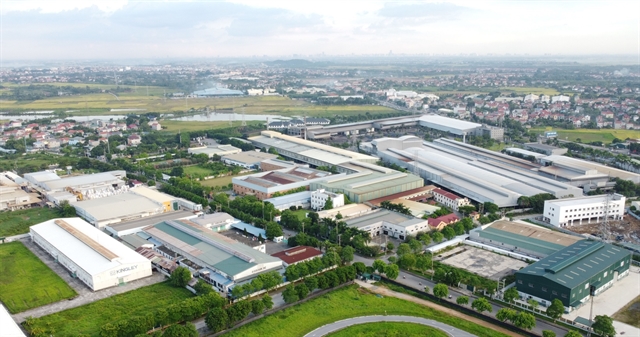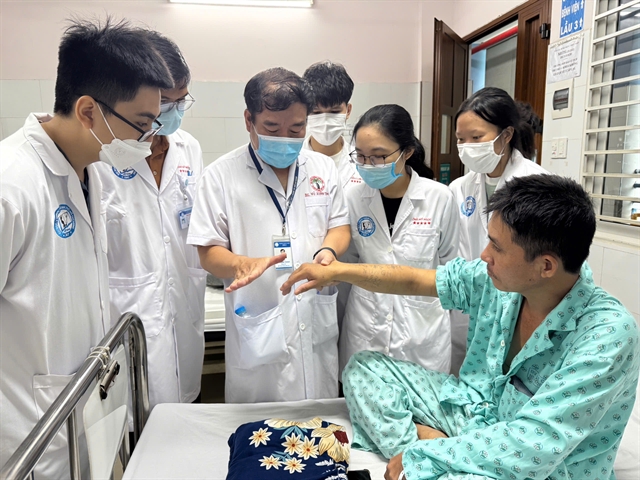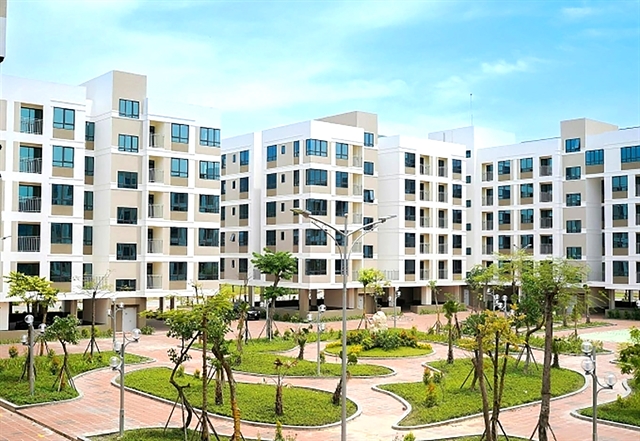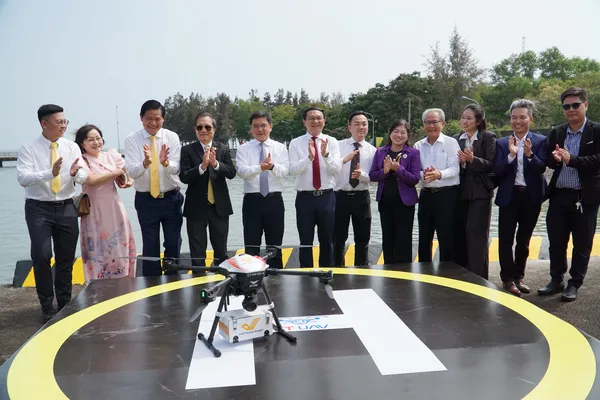 Economy
Economy
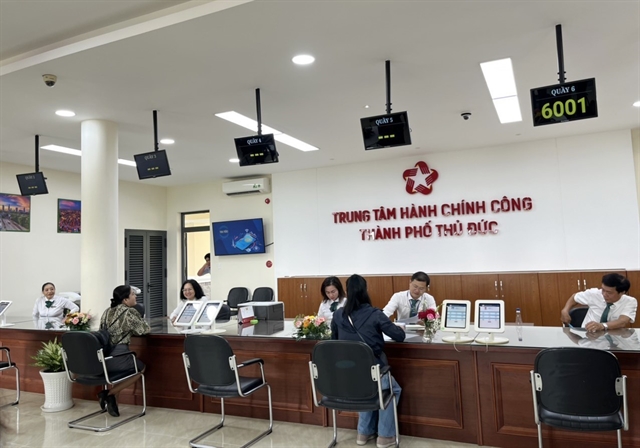
Hà Nội should change its mindset to draw more foreign direct investment (FDI) capital and improve the use of FDI capital in at least 10 years with rising challenges and opportunities, Deputy Prime Minister Vương Đình Huệ said on Tuesday.
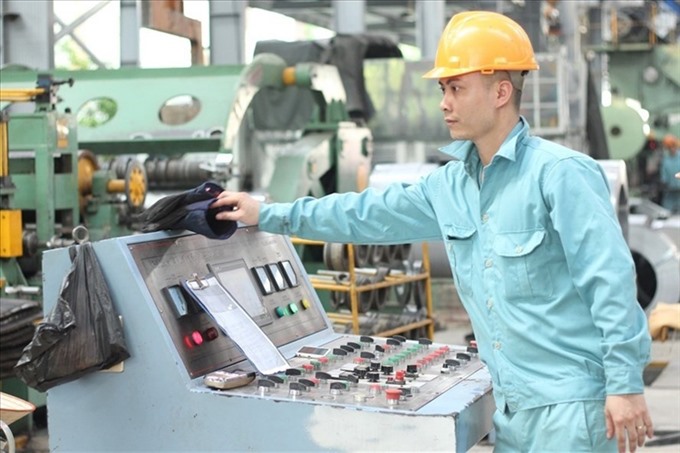 |
| Hà Nội should change its mindset to draw more foreign direct investment (FDI) capital and improve the use of FDI capital in at least 10 years with rising challenges and opportunities. — Photo kinhtevn.com.vn |
HÀ NỘI — Hà Nội should change its mindset to draw more foreign direct investment (FDI) capital and improve the use of FDI capital in at least 10 years with rising challenges and opportunities, Deputy Prime Minister Vương Đình Huệ said on Tuesday.
The capital city should strengthen its co-operation and development ties, take foreign investors as key partners, and carefully select the right investors to develop an independent integrative economy, he said.
The deputy PM also appreciated Hà Nội’s efforts to lure FDI capital in the past 30 years that have paid great contribution to the capital city’s socio-economic development.
In 2019-20, the city must address its top-priority sectors, which need focused investment and help the city and neighbouring provinces join the global production chain and promote their advantages, according to the deputy PM.
Hà Nội must develop an administration that serves and accompany businesses, improve investment conditions, and cut unnecessary administrative procedures for foreign companies.
According to Nguyễn Doãn Toàn, vice chairman of the city People’s Committee, there were nearly 4,500 valid FDI projects as of December 31, 2018 with total registered capital of US$36.6 billion.
Hà Nội lured nearly $11 billion in 1989-2005, $15.2 billion in 2006-14 and $15.11 billion in 2015-18.
In 2018 alone, the value of FDI capital flowing into the city was $7.5 billion. The figure topped among 63 provinces and cities, was 2.18 times the 2017 figure and was also the highest in 30 years.
Eighty per cent of the city’s projects were totally owned by foreign investors. The remaining were associate and joint venture businesses.
FDI capital flew the most in property development (29.5 per cent of the total), processing and manufacturing industry (20.1 per cent), and telecommunication and information (11.5 per cent).
Japan was Hà Nội’s largest investor with total capital of $10.2 billion. The followers included Singapore ($6 billion) and the Republic of Korea ($5.5 billion).
According to the city chairman Nguyễn Đức Chung, the city authorities had talked to investors to understand their investment plans, then showed the city’s willingness by arranging meetings between foreign businesses with top officials of the city to discuss the plans.
Besides, Hà Nội had worked to improve both living and working environment conditions for foreign companies. The city held meetings with the foreign business community to discuss and work on their problems and concerns.
The chairman also urged local authorities to set up a planning team to address key economic zones of the city with focus on logistic activities, and work with business associations to provide them with better working environment.
According to Hà Nội People’s Committee, there were some issues with the management of FDI projects such as the overlap of existing regulations, and lack of a co-working mechanism between central and local government agencies.
To resolve those problems, Hà Nội proposed the deputy PM review its draft plan on improving the quality of policies and management of FDI capital by 2030.
According to the draft plan, FDI projects must meet the socio-economic development of each local area, guaranteeing the general impact on society, economy, environment and natural resources.
With regard of the areas involving security and national defence, FDI proposals must be reviewed carefully and insightfully. The capital city of Hà Nội and neighbouring areas are urged to attract high-tech FDI projects that provide added values and benefit both socio-economic development and environmental protection. — VNS


